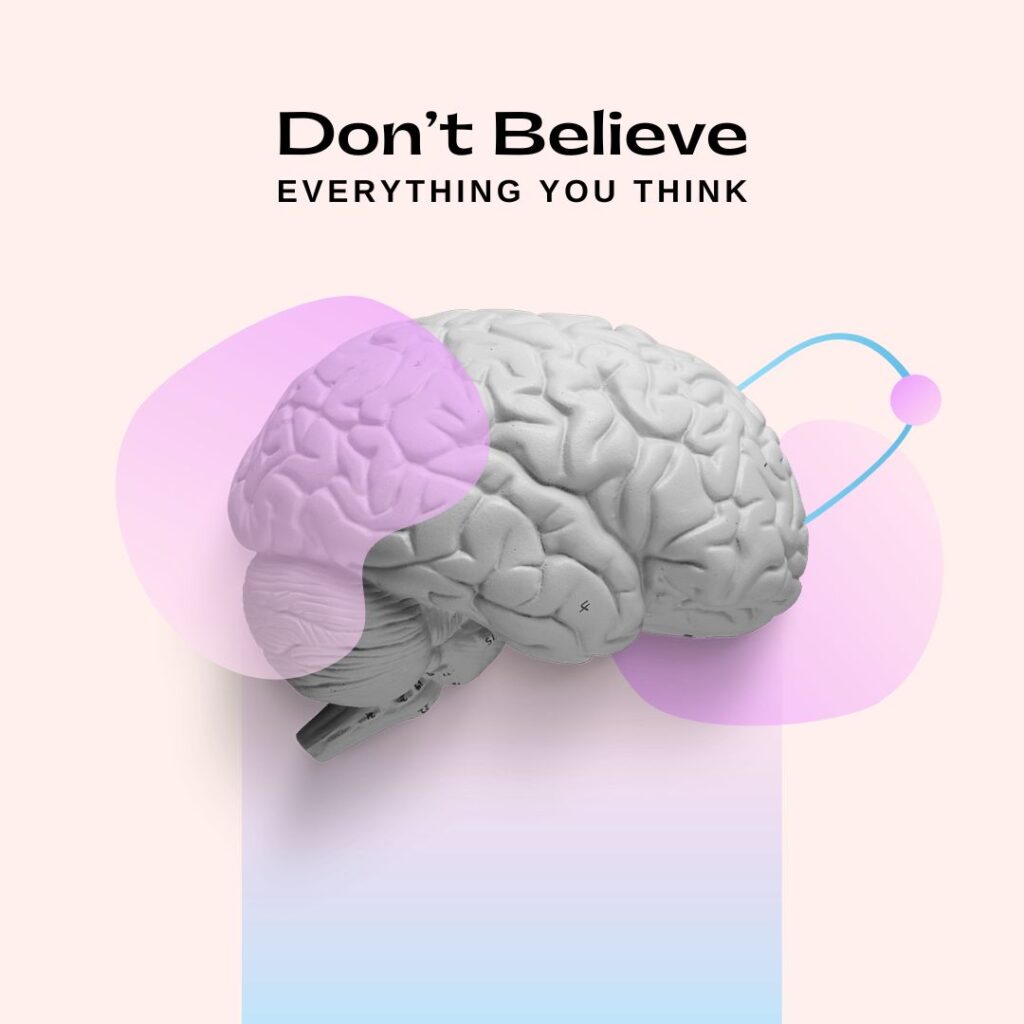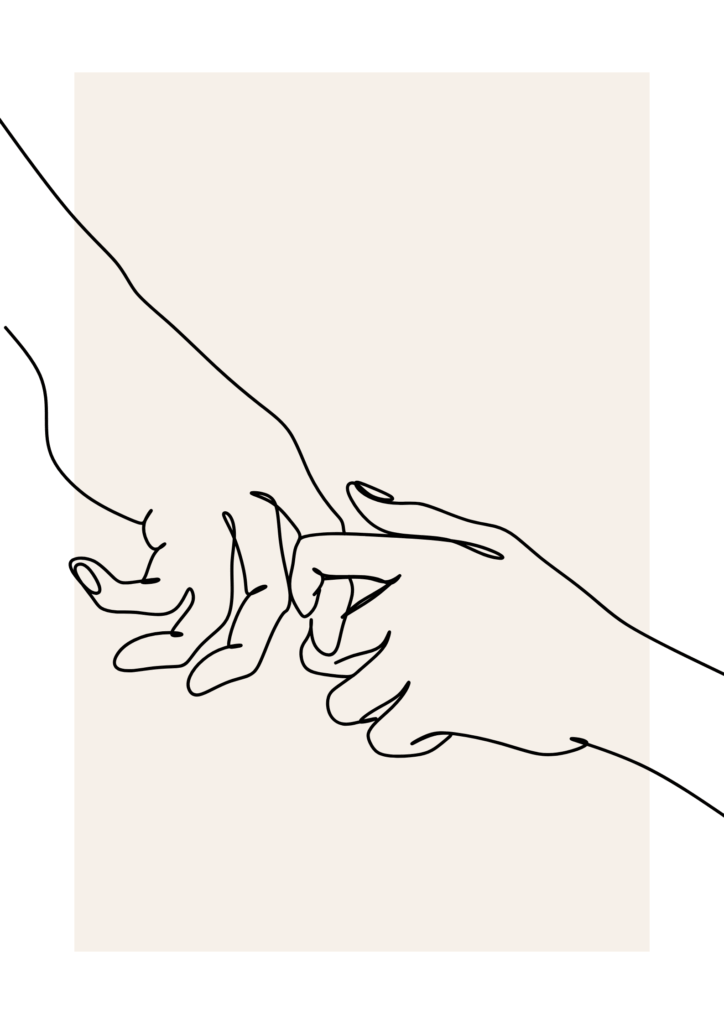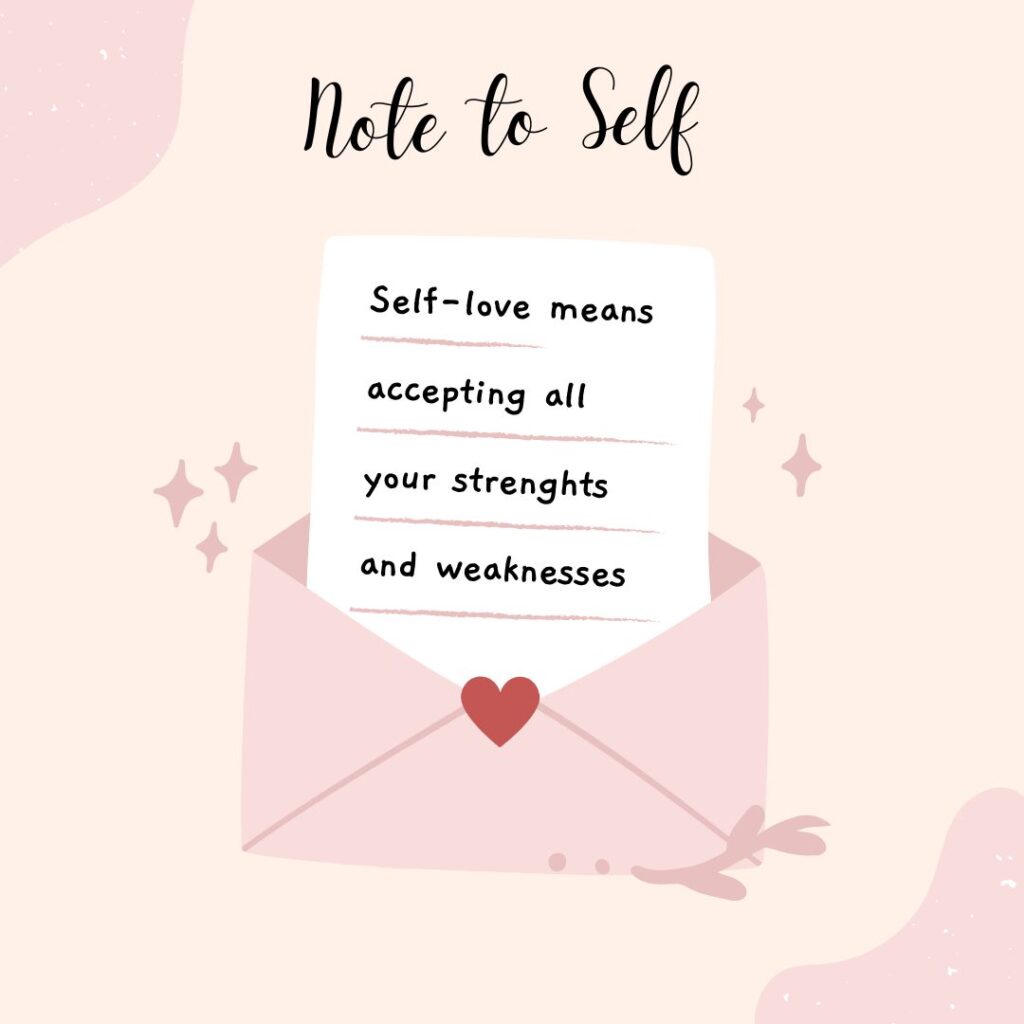Let’s be honest: human beings are an elegant mess. One moment we’re romanticizing our lives over coffee, and the next, we’re spiraling because someone left us on “read.” ☕📱 But beneath this emotional rollercoaster lies the curious world of human behaviour psychology — the science of why we feel, think, and act the way we do.
Spoiler: it’s not all in your head (well, it is, but there’s a reason for it). Let’s explore, stylishly.
Here’s the truth: the human brain is both your best friend and your most chaotic roommate. It’s designed to keep you alive, not necessarily to make you happy. And sometimes? That means overreacting.
Fight or flight mode still thinks we’re being chased by lions.
Your amygdala can hijack logic faster than your morning caffeine kicks in.
Your thoughts? A well-curated cocktail of instinct, memory, and mood swings.
So no, you’re not “too much.” You’re just… human. With a highly evolved nervous system and a flair for the dramatic.

pic credit:- canva
We are wired for connection — and also a little bit of social madness.
Why do we follow trends, seek approval, or panic when someone doesn’t text back in the exact tone we expected? Because:
We’re constantly scanning for acceptance 🧠
Our brains reward belonging with dopamine ✨
And yes, we mirror others, sometimes without even noticing
It’s not being fake — it’s human design. Aesthetic camouflage, if you will.

You’re not addicted to your phone because you’re weak. You’re addicted because your brain loves patterns.
Enter: conditioning — the process where our brain connects dots, even when it shouldn’t.
Pavlov trained dogs with bells.
Instagram trained us with notifications.
Your body knows it’s Friday before your calendar does.
We’re not just reacting — we’re responding to an invisible rhythm. And that rhythm? Often choreographed by past experience and subconscious learning.
Attachment theory isn’t just academic — it’s why your love life feels like a vintage French film: beautiful, emotional, and slightly tragic.
Anxious attachers crave closeness but fear loss.
Avoidants want connection but resist vulnerability.
Secure types? A rare aesthetic. Almost fictional. 😌
Our childhoods, past experiences, and internal narratives shape how we love, trust, and communicate. Understanding this is like decoding your emotional blueprint — quietly powerful and incredibly freeing.
The moment you realize your mind is playing tricks on you — that’s where transformation begins. ✨
That spiral you went through? Possibly a cognitive distortion.
The reason you repeat that one toxic habit? Conditioning and unmet needs.
Your late-night existential crisis? Completely valid — and kind of poetic.
Human behaviour psychology isn’t about “fixing” yourself. It’s about understanding the architecture of your inner world — the soft mechanics of why you are the way you are.

Human beings are layered, nuanced, occasionally chaotic — but never random. The study of human behaviour psychology gives us a mirror, not a magnifying glass. It allows us to observe with compassion, curiosity, and just enough sarcasm to keep things interesting.
So the next time you find yourself overthinking, overloving, or overexplaining — pause. Breathe. Smile at the fact that your beautifully complex brain is simply trying its best.
Share this with someone who feels a lot (you know the one)
Comment if you’ve ever psychoanalyzed yourself mid-breakdown 😅
Follow for more musings on the mind, emotion, and everything human
